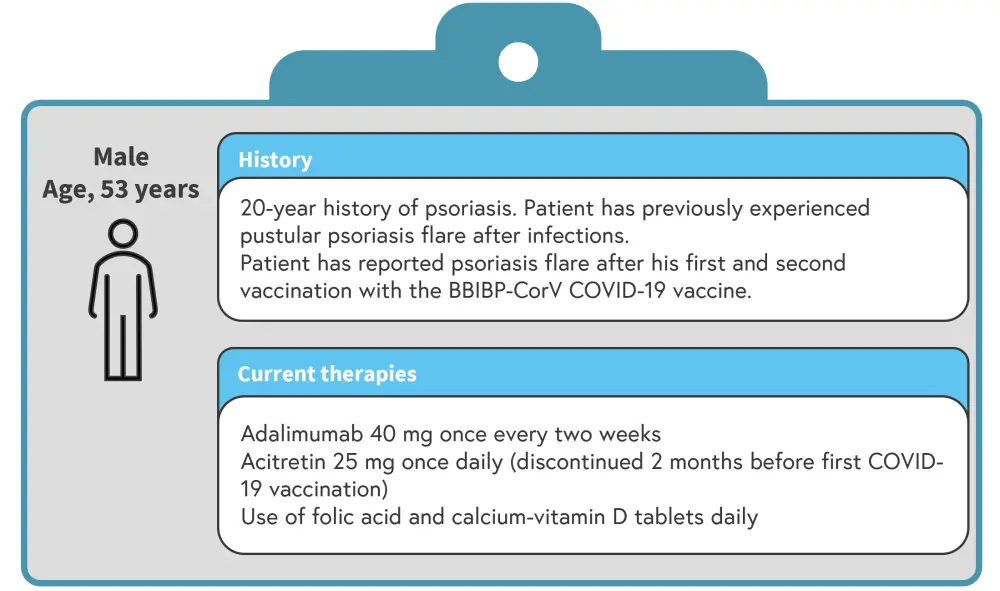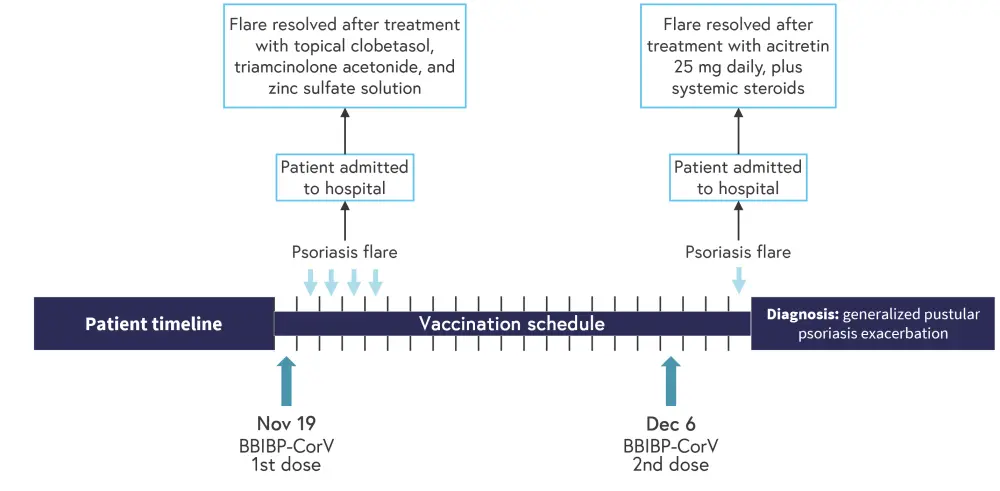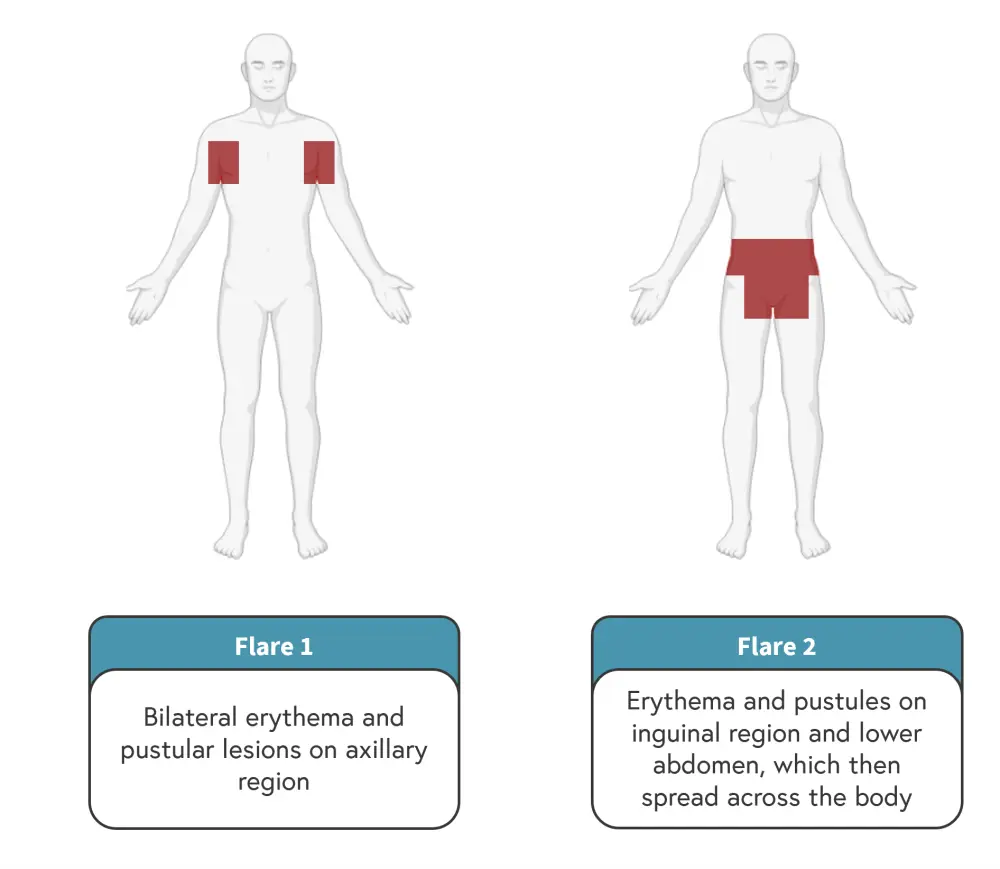All content on this site is intended for healthcare professionals only. By acknowledging this message and accessing the information on this website you are confirming that you are a Healthcare Professional.
The pso Hub website uses a third-party service provided by Google that dynamically translates web content. Translations are machine generated, so may not be an exact or complete translation, and the pso Hub cannot guarantee the accuracy of translated content. The pso and its employees will not be liable for any direct, indirect, or consequential damages (even if foreseeable) resulting from use of the Google Translate feature. For further support with Google Translate, visit Google Translate Help.
The PsOPsA Hub is an independent medical education platform, supported by educational grants. We would like to express our gratitude to the following companies for their support: UCB, for website development, launch, and ongoing maintenance; UCB, for educational content and news updates. Funders are allowed no direct influence on our content. The levels of sponsorship listed are reflective of the amount of funding given.
Now you can support HCPs in making informed decisions for their patients
Your contribution helps us continuously deliver expertly curated content to HCPs worldwide. You will also have the opportunity to make a content suggestion for consideration and receive updates on the impact contributions are making to our content.
Find out more
Create an account and access these new features:
Bookmark content to read later
Select your specific areas of interest
View psoriasis and psoriatic arthritis content recommended for you
Case study | 53-year-old patient experiencing psoriasis flare after COVID-19 vaccination
Featured:
Previous studies have demonstrated that patients with generalized pustular psoriasis may experience disease flare after COVID-19 vaccination.1 Here, we present a case report by Dayani et al.1 of a patient experiencing two pustular psoriasis flares after vaccination with the BBIBP-CorV COVID-19 vaccine.
The patient’s psoriasis was managed by adalimumab and required additional treatments to resolve flares (Figure 1).1
Figure 1. Patient history*

*Data from Dayani, et al.1
During their second admission to hospital (Figure 2), the patient presented with a fever of 39°C and was found to have leukocytosis (white blood cell count, 33,600/µL).1 They also had a negative polymerase chain reaction COVID-19 test.
Figure 2. Patient timeline leading to psoriasis flare*

Data from Dayani, et al.1
The flares had a similar presentation to previous flares experienced by the patient after infection (Figure 3). The patient was diagnosed with generalized pustular psoriasis exacerbation caused by the BBIBP-CorV COVID-19 vaccine, which resolved after treatment.1
Figure 3. Affected areas during flare*

*Data from Dayani, et al.1
Question for expert

Expert Opinion
The published clinical case confirmed that the patient has a form of generalized pustular psoriasis who presented two flares after two SARS-CoV-2 vaccinations. This event is described because it is known that a generalized pustular psoriasis flare can be triggered by vaccination, as it represents a strong immunological stimulus.
The relevant clinical question is how to manage the patient in view of upcoming vaccinations.
Given that we do not have predictive criteria to establish whether the patient will develop a flare after any other vaccination, my common sense suggestion is to maintain a continuous biological treatment, such as the one that has been prescribed to control the last flare, and to avoid suspending it before vaccination.
Finally, it should also be considered that the drug spesolimab has recently been approved as an anti-IL-36 receptor monoclonal antibody for the management of flares; this could be used when needed.
References
Please indicate your level of agreement with the following statements:
The content was clear and easy to understand
The content addressed the learning objectives
The content was relevant to my practice
I will change my clinical practice as a result of this content
Your opinion matters
On average, how many patients with plaque psoriasis do you see per month?


 Paolo Gisondi
Paolo Gisondi